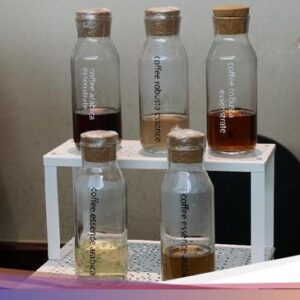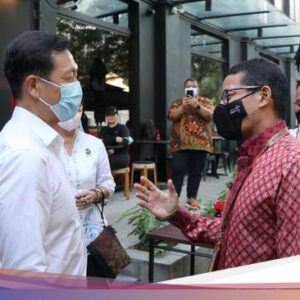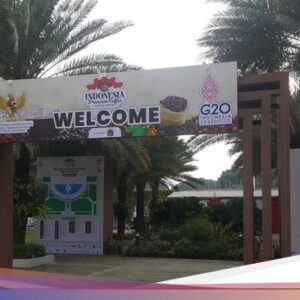Kulon Progo – Coffee from Menoreh has been grown since colonial times. Each area has coffee with different characteristics, up to 20 types from 20 villages.
Kulon Progo Regency, Yogyakarta Special Region (DIY) also has commodities coffee which is quite unique. Since colonial times, coffee grown in the Menoreh hills, Samigaluh District, has a distinctive taste.
One of the processors coffee Menoreh, Heri Susanto (45) said that Menoreh coffee has a distinctive taste because it is grown on plantations using an intercropping system. Planted on the same land as other plants.
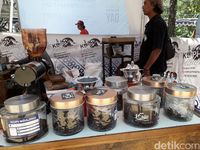 Photo: doc. detikFood Photo: doc. detikFood |
Also read: At Jacoweek you can shop for beans and taste premium local coffee
ADVERTISEMENT
SCROLL TO CONTINUE WITH CONTENT
“Intercropping with clove plants, jackfruit, chocolate. Some say what the taste is like coffee a little bit tingly, that’s because it’s planted next to cloves. “It’s the same as those grown together with chocolate, it’s a bit sweet, so the taste of the coffee is a little mixed with other plants,” explained Heri, Sunday (30/9/2018).
Heri himself is not a coffee farmer. He only accommodates the coffee harvested by farmers to be processed and marketed online or brewed directly in his coffee shop.
Currently, this man from Pagerharjo Village, Samigaluh has a brand for coffee which he produces with a number of his friends.
“I gave the Mbajing Coffee brand, with 20 robusta coffee variants from 20 hamlets. So I named each variant after the hamlets where the farmers grow their coffee. Because the 20 hamlets have coffee fields and the taste of each is quite different,” he said.
Dukuh Nglinggo, Pagerharjo Village, Teguh Kumoro (50) said that the Menoreh hill area is one of the areas that is synonymous with coffee plantations. At an altitude of 900-1,000 meters above sea level, coffee plants can grow abundantly.
“In Nglinggo, all 160 families have coffee plantations. Coffee here has been around since the colonial era,” he explained.
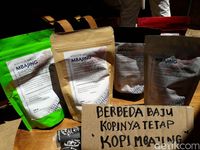 Photo: doc. detikFood Photo: doc. detikFood |
According to Teguh, farmers grow coffee using an intercropping system for their own reasons. “In the past, initially we planted coffee, then farmers tried to grow cloves and vanilla, the prices of which were high. Because land was limited, they planted intercropping, and the coffee plants were maintained,” he explained.
Also read: Here is Dogiyai, the best local coffee beans from Papua
Currently, the Menoreh coffee commodity is attracting the attention of tourists.
“Nglinggo is classified as a tourist village, offering panoramic views of nature and plantations. This coffee has received a good response from tourists, there is education about picking coffee, caring for coffee plants, processing and brewing coffee on site or you can buy pre-packaged coffee beans and powder,” added Teguh .
Also watch ‘Getting to Know Coffee Roasting and Its Methods’:
[Gambas:Video 20detik]
(dvs/odi)

